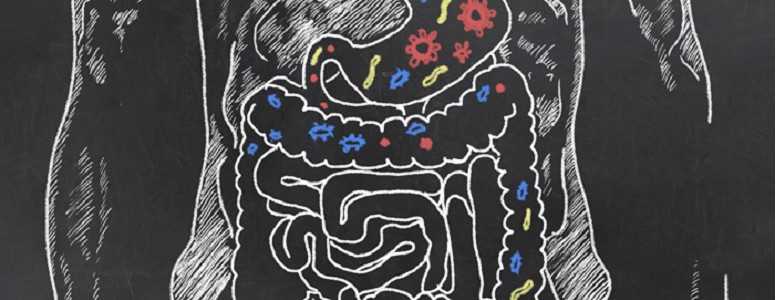Pediatric researchers from Harvard Pilgrim HealthCare (HPHC) have released findings from a national research project called Patient-Centered Clinical Research Network (PCORnet) which investigated whether childhood antibiotic exposure causes weight gain later in life.
In collaboration with scientists across the country, the team conducted an observational study of the health records of 1.6 million children to determine if, in addition to participating in the current antibiotic resistance crisis, early antibiotic use could also play a role in today’s obesity epidemic.
Dr. Eneli, the lead author of the study, and colleagues suggested that it is no coincidence that the steady increase in obesity rates in the US for the past two decades parallels a wave of pediatric antibiotic prescriptions.
Although the latter trend is somewhat receding now due in part to concerns over anti-microbial resistance, experts estimate that if obesity rates stay consistent, 51 per cent of the population may be obese by 2030.
According to Eneli, the causes, and therefore effective interventions for childhood obesity are still a bit elusive, as it isn’t only caused by genes, an unhealthy diet and too little physical activity, but it is likely the combination of several complex factors, among others the potential frequent use of antibiotics at a young age.
Biological and statistical data collated by PCOR partner researchers, including the electronic medical records of about 1.6 million children from 42 different healthcare systems helped to better understand the relationship between antibiotic use and obesity.
Scientists followed how many times children were prescribed antibiotics during the first two years of life, and then kept tracking children to ages five and 10 to assess how many of them had become obese, which they defined as being heavier than 95 per cent of children of the same age and sex.
Their first findings indicate that it’s possible that certain types of antibiotics are less likely to influence weight gain compared to others. The study is also researching if the mother taking antibiotics while pregnant has any impact on the development of obesity in the infant later in life.
An imbalance in the gut bacteria induced by antibiotics and influencing weight is however a more plausible scenario, as evidenced by many compelling discoveries on the microbiome published in the last five years.
Babies are born with a unique mix of beneficial bacteria in their intestines that can be negatively influenced by multiple factors such as being delivered via C-section.
Similarly, when the numbers of good bacteria are depleted by antibiotics, the gut microbial diversity changes and recent research has shown this can trigger a chain reaction that alters the behaviour of fat cells and the micro-environment of fat tissue in ways that are difficult to reverse and lead to obesity.
While researchers are still trying to answer the question about antibiotics and obesity, there is no need to wait for the results of the national study to know how to prevent it. One thing we know for sure is that a diet high in refined sugars and processed grains coupled with a lack of exercise are high risk factors for weight gain.
What's new on the forum? ⭐️
Get our free newsletters
Stay up to date with the latest news, research and breakthroughs.






